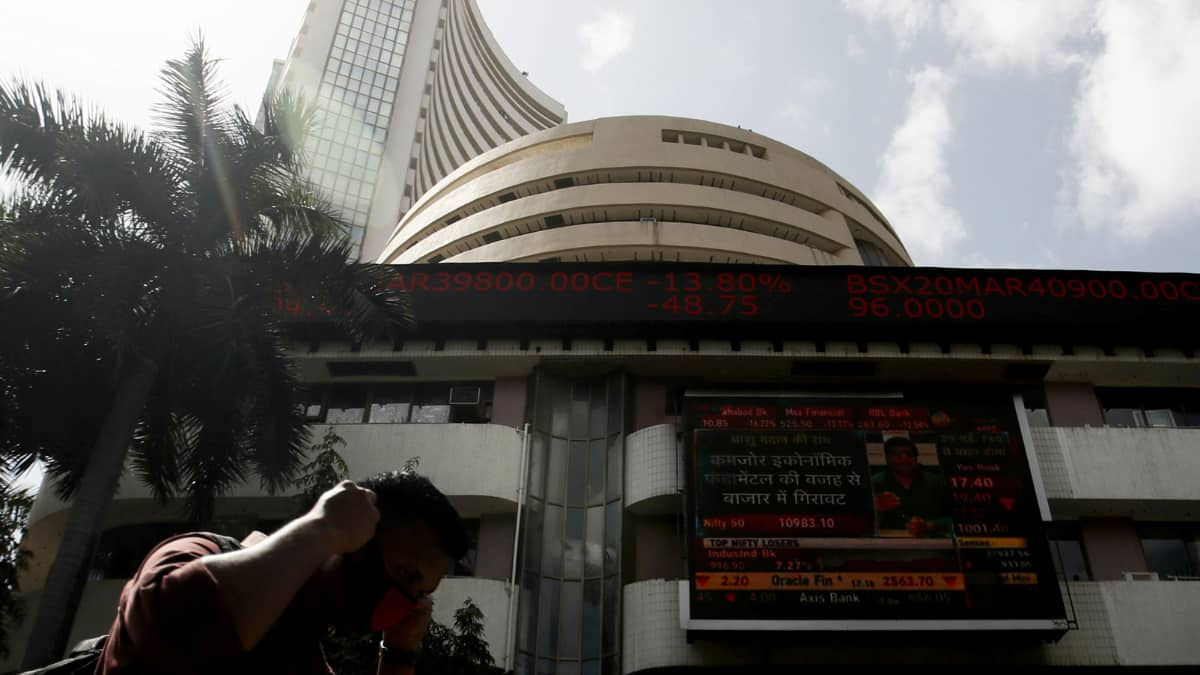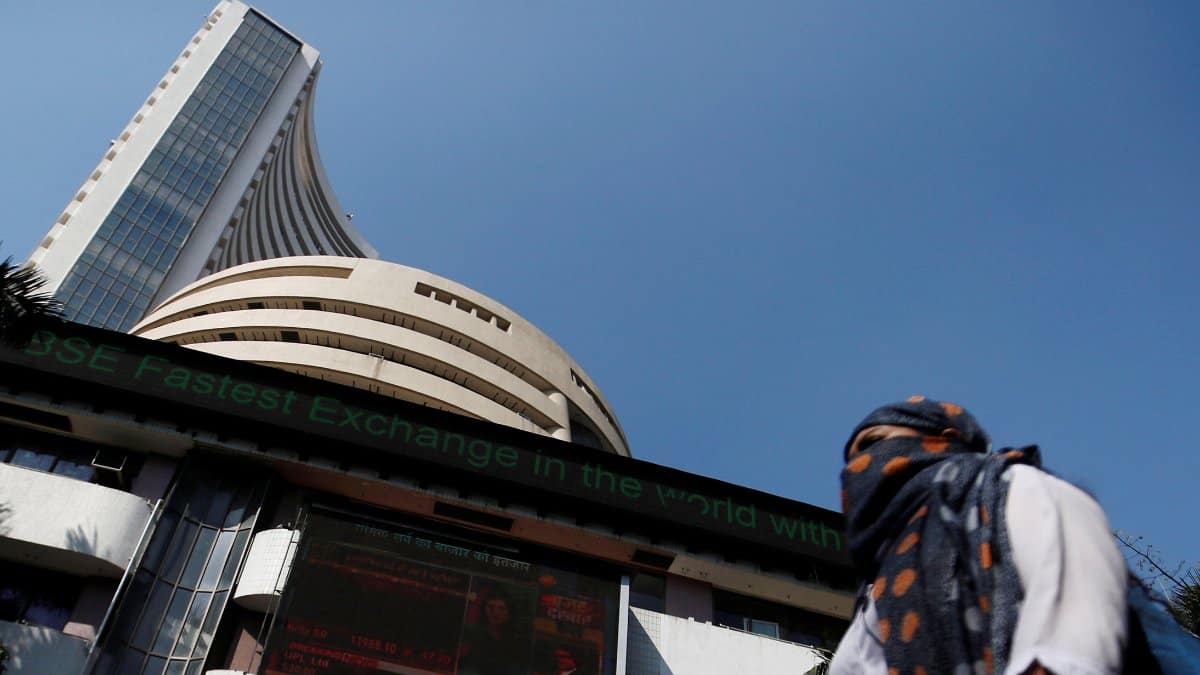– By Dr Nupur Bahadur
Bandhwari landfill established in 2009 running along the Gurgaon-Faridabad Road which lies near the forested parts of Southern Delhi Ridge of Aravalli range is massively spread over 33 acres of land and stands 40 foot upright as a garbage mountain. Located in the Bandhwari village which is also one of the largest in the district of Gurgaon, Haryana with a population of 15,000 and counting. About 2100 metric tonnes per day (MTD) of waste from the adjoining populated cities of Gurugram and Faridabad, is added to an existing 35,00,000 tonnes of untreated legacy waste. This results into generation of 350 kilo litres per day (KLD) of leachate.
Current Practice
Currently the leachate collected in ponds goes to Leachate Treatment Plant (LTP), comprising of conventional biological treatment system or directly treated using Disc Tube Reverse Osmosis (DTRO) Membrane system. However, LTP of lesser (150 KLD) capacity is unable to efficiently treat leachate and thus many times, leachate finds its way to surrounding environment. While direct treatment using DTRO is able to treat leachate to some extent, but the reject management is a huge environmental concern where the RO reject is discharged back to leachate collection ponds, and the permeate is sent across to nearby Sewage Treatment Plant (STP) for further treatment.
Environment and Health Impact
The former practice of discharging leachate in open to nearby village and covered forest area poses severe environment, health and occupational hazard, including potential groundwater contamination together with an unbearable stink to the surrounding area leading to air pollution. While latter practise of treating DTRO Permeate in nearby STPs may lead to these STPs becoming dysfunctional and non-compliant for municipal wastewater treatment, for which they were designed. Moreover, this area has a low groundwater table, and such malpractices may continue to contaminate ground water through the leachate. Hence the current practices highlight serious concerns and lack of adequate, on-site landfill leachate treatment and management. Thus it needs immediate attention and finding a holistic solution to the problem.
Proposed solution
After a few site visits and sample collection from various stages of leachate treatment and management, the team examined all aspects. Also treatment was carried out using TADOX Technology and results were found to be quite appealing, removal of colour, aesthetically pleasant, odor free and meeting safe surface discharge and reuse norms. Based on which a holistic technology integration plan involving existing infrastructure is presented to HSPCB and MCG, which is expected to bring an efficient, sustainable and adequate onsite landfill leachate treatment and management plan.
Key Recommendations
Direct leachate treatment using DTRO should be avoided as it is highly resource and energy intensive and does not provide a sustainable solution to permeate and reject management.
DTRO Permeate sent to Sewage Treatment Plant (STP) for further treatment will make STP dysfunctional and non-compliant.
LTP Capacity should be enhanced from existing 150 KLD to 350 KLD and it should be operational all the time and its biological process needs to be improved.
TADOX® is required to remove color and organics while DTRO is required to remove TDS, so therefore both TADOX® & DTRO should be integrated suitably as per requirement to provide adequate treatment.
Way Forward
TERI submitted its report in December 2023 and awaits response from the relevant Authorities. Thus this entire study establishes the role of integrating advanced treatment technologies holds great potential to enhance working conditions and life span of existing treatment plants and improving environmental condition, health and wellbeing of the villages and communities living in the vicinity of landfill sites.
(Dr Nupur Bahadur is the Associate Director, Environment & Waste Management Division at The Energy and Resources Institute (TERI)).
(Disclaimer: Views expressed are personal and do not reflect the official position or policy of Financial Express Online. Reproducing this content without permission is prohibited.)




